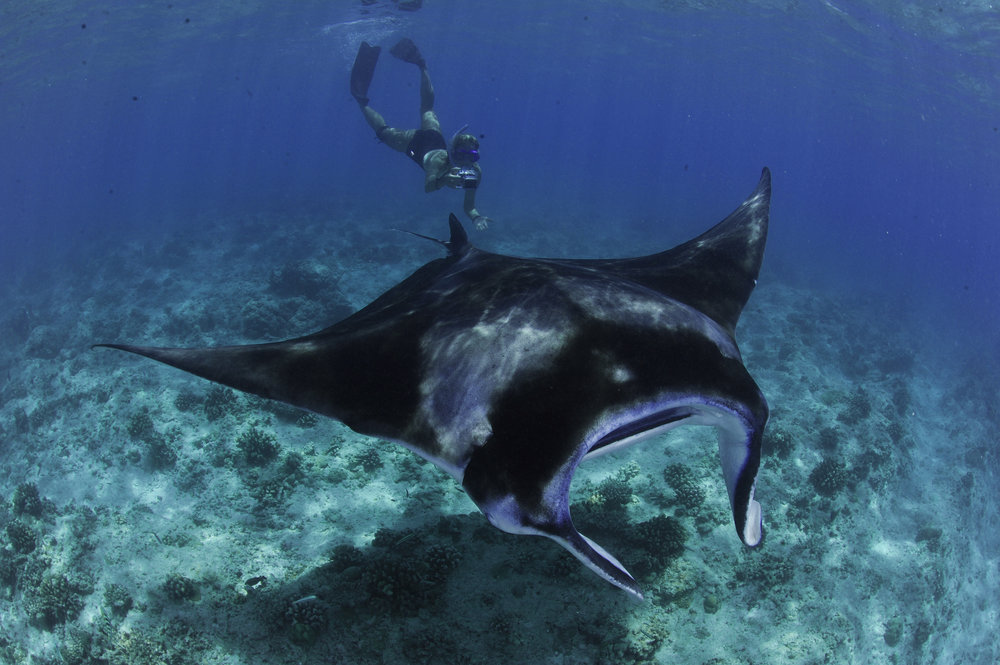“We won’t renew the contract in 2009”, Ecuadorean President Rafael Correa said in December 2006, roughly three weeks before his inauguration as Ecuador’s seventh president in the past 10 years. Citing sovereignty issues, Correa claimed “[Ecuador] would extend the treaty only if the United States allows us to put an Ecuadorian base in Miami.” With these words, Rafael Correa sent a strong message to the United States: Your days on Ecuadorian soil are limited.
The “contract” in question is in reference to a deal signed in October 1999 by a near bankrupt Ecuadorian government that granted the United States permission to use an Air Force base in Manta, a port city on Ecuador’s coast in exchange for economic support. The base, which houses some 250-300 US Air Force Personnel, is used primarily as a home base for frequent sorties aimed at patrolling narcotics transportation in the region, especially Colombia’s Pacific coast. It is thus considered a key strategic outpost for SOUTHCOM’s increasingly fruitless efforts to combat trafficking in the region.
Since assuming office in January 2007, Correa has stuck to his promise. However, as the window of opportunity was closing on one superpower, Correa had been not so secretly courting another. In November 2007, Correa announced his intention to grant the Chinese access to the airstrip at Manta in efforts to strengthen Sino-Ecuadorian relations at a time when, amongst other things, China was looking to satiate its growing need for natural resources and Ecuador was looking to alternative (i.e. not IMF or US) sources to finance its increased social and military spending under Correa’s leadership.
For months, the deal appeared to be a sure thing. Hutchinson Port Holdings (HPH), the port business of Hong-Kong based Hutchinson-Whampoa (the same Hutchinson-Whampoa who controls both entrances to the Panama Canal) was to invest US$578 million over the course of 30 years to transform Manta into one of South America’s largest ports and China’s gateway to the Americas. There was even talk of using the landing strip for a direct flight between Quito-Beijing. Correa’s successful six day visit to China in November 2007 seemed to only further strengthen ties and future trade agreements.
However, that deal now appears less certain. In January 2009, Correa threatened to expel HPH if they did not fulfill their end of the agreement by investing the promised amount of money. It is difficult to predict whether this threat is serious, although China seems to have taken notice. During the week of 9 February, Chinese Vice-Prime Minister Hui Liangyu visited Ecuador to deepen bi-lateral relations between the two countries. Although the Manta base was not officially part of the agenda, its presence concerns bi-lateral trade and investment, two topics that will surely be part of the talks.
There are a few reasons why the plan has hit a rough patch. The first has to do with the global economic slowdown, which has hit Chinese industry hard and no longer has immediate demand for as many natural resources. In re-evaluating their priorities, HPH may have realized they are not as well positioned to begin the vast undertaking of turning Manta into one of the continent’s largest ports and making Ecuador the point of exit-entry for Chinese goods into region.
Another reason may be HPH’s re-evaluation of the undertaking. Last year, Ecuador used force to expel Brazilian multinational Odebrecht, who had been building a dam in Ecuador. This may make some at HPH skeptical about a long term deal. As of last week, the Ecuadorian government and HPH were in talks to salvage the deal, an indication the deal is far from dead.
Correa’s threats are somewhat puzzling. Less than two years after the two nations made great strides at political and economic partnership, the threats to expel HPH may be perceived as unnecessarily aggressive and could scare off potential investors or future joint business ventures. Correa has been angling for a strategic and economic Sino-Ecuadorian partnership for some time – yet the threats on HPH may unhinge that. With Chinese economic interest in South America likely to wane somewhat in the wake of the financial crisis, Correa may be forced to soften his rhetoric to maintain the progress he has already achieved.

Reply